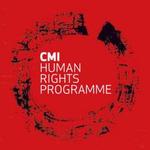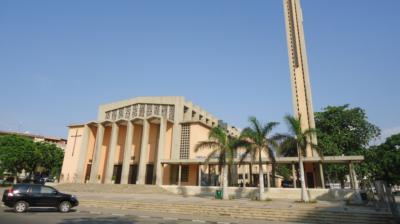Sociedade Civil em Angola: Incursões, Espaço e Responsabilidade
How to cite this publication:
Inge Amundsen and Cesaltina Abreu (2007). Sociedade Civil em Angola: Incursões, Espaço e Responsabilidade. Bergen: Chr. Michelsen Institute (CMI Report R 2007: 8)
English version: Civil Society in Angola: Inroads, Space and Accountability
Civil society is inherently weak in Angola, and the political and societal space for civil society is limited. Angolan authorities have not fully accepted civil society's voice, watchdog and control functions, and the legal framework is restrictive. Most organisations are careful in their approach to and in their contact with government. There is a tangible fear of backlash, based on previous negative experiences.
NGOs explicitly and directly working on issues of governance, transparency and democracy, including public finance management, are all very small, having a limited membership base, and they are dependent on foreign funding. Except for a few human rights organisations, NGOs working on good governance and public finance are still embryonic in Angola.
Larger NGOs with a solid membership base, international backing and broad legitimacy in Angolan society and government, all have main priority working areas different from public finance management and state budgets. This makes them reluctant to engage in political matters, except for on carefully delineated issues that directly affect their core constituencies (like budget allocations to local areas), and with carefully chosen counterparts in (local) government agencies.
The tendency towards organisational networking is comparatively strong in Angola. Almost all NGOs are members of several organisational networks, through which they work not only for the benefit of their members, organisations and organisational space in general, but also on issues that relates to good governance and government transparency. Although some of these networks have been evolving towards being organisations on their own, the networking trend is very positive, sometimes politically significant, and should be supported.
The Angolan government seems to take CSO and NGO pressure seriously only when it is concerted, based on a larger number of organisations, and involving international NGOs and media. At the same time, the regime is not monolithic, and inroads to more accommodating ministries and government representatives do exist. Multiple and various channels must be employed for NGOs to be heard.
In order to have an impact on public finance management, transparent budgeting and pro-poor budgets, Angolan CSOs will need more elaborated knowledge and "budget literacy". This can be enhanced for instance through international partnerships for inspiration, information and training.

Human Rights Programme





